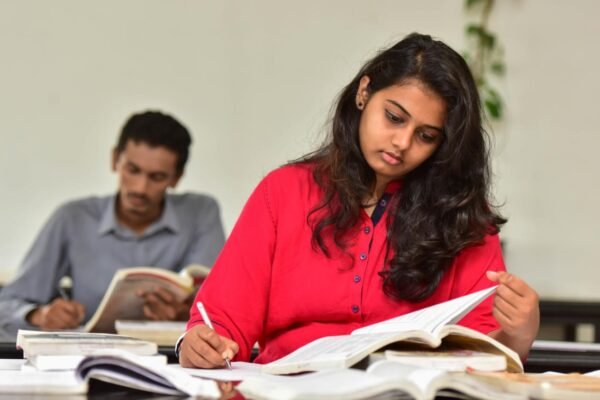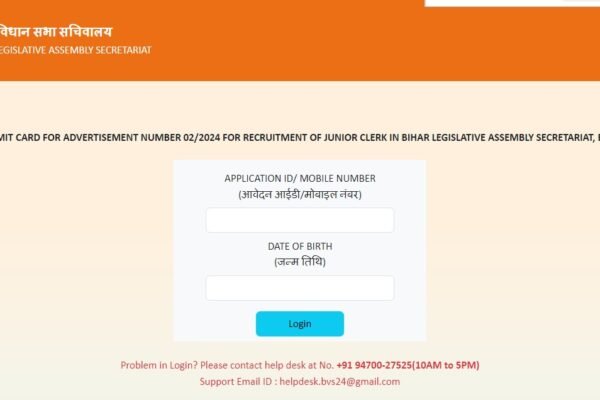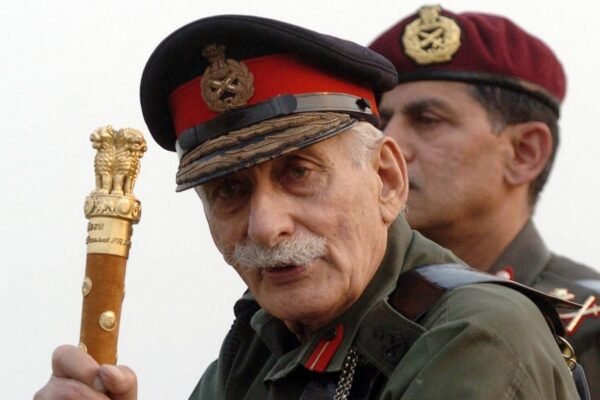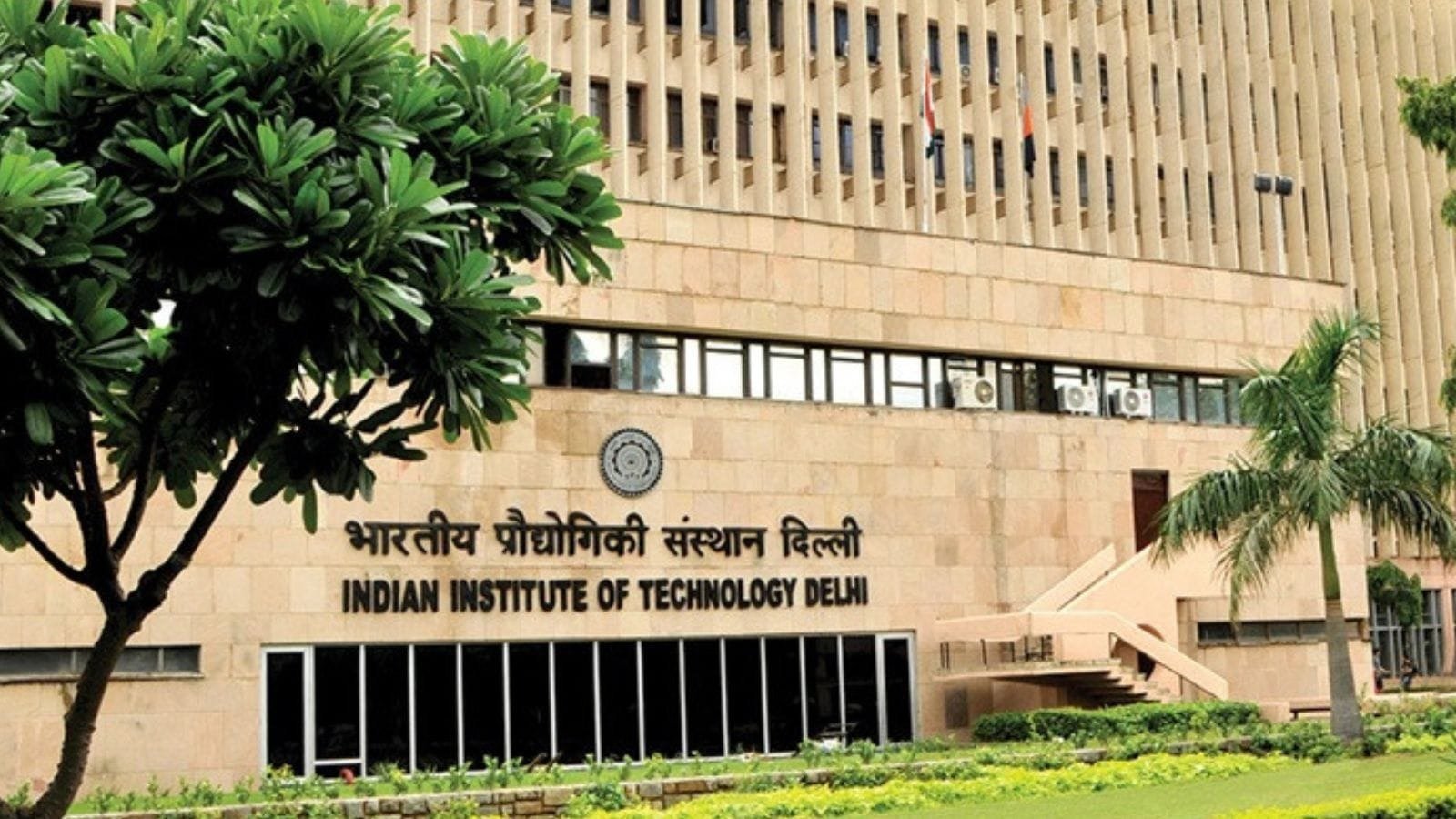
CBSE Open Book Exam: CBSE announced an open book exam. How will it be beneficial for students?
Starting with the 2026–27 academic session, CBSE will introduce open book exams for students of class 9. This decision was taken by the governing body of the board during a meeting held in June. Now students will be able to write answers with the help of books and notes. The aim of this initiative is to reduce the habit of rote learning and strengthen the thinking and understanding of the students. Let us tell you that under the new announcement, open book will be included in the three written examinations for subjects like math, science, and social science for class 9 students from the next academic session. However, this does not mean copying the answer from the book. let us know what an open book exam is. How will the open book exam be conducted? Under the open book exam, from the next session, class 9 students will be able to answer the questions asked in the exam using textbooks, class notes, and library books during the examination. These examinations will be conducted in school. Understanding the information given in the book and writing the answer by analyzing it correctly will depend on the thinking and understanding ability of the students. These exams will be a part of the internal assessment, and their marks will be included in the final result. However, CBSE has said that it depends on the schools whether they want to adopt this format or not; it will be an option. Pilot test experience In December 2023, CBSE conducted a pilot test before implementing it, in which the marks of the students ranged between 12% and 47%. This shows that many students had difficulty in using the resources properly. Now CBSE will prepare different types of sample papers, in which the questions will not be simple but will force you to think and understand. Teachers also believe that students will be able to perform better in this with practice and proper guidance. Less chance of cheating The chances of cheating are considered to be less in open-book exams. Because the students will already have books, in such a situation, their focus will be on finding the correct and accurate answers instead of wasting time in cheating. Now CBSE exams will be held twice a year; this was also announced a few months ago. CBSE said that the open book exam will be optional for the second-time exam. The main aim of the second phase of the exam is to help students improve their performance.





